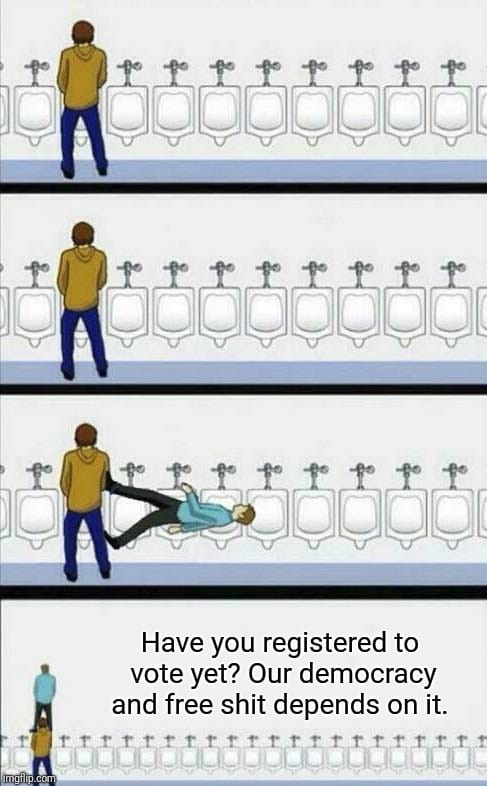Radley Balko wrote an excellent article outlining just the tip of the iceberg that is the overwhelming evidence that the legal system in the United States is racial biased.
The entire article is worth reading but I wanted to take a moment to highlight the third paragraph because it addresses a common myth about the system:
Of particular concern to some on the right is the term “systemic racism,” often wrongly interpreted as an accusation that everyone in the system is racist. In fact, systemic racism means almost the opposite. It means that we have systems and institutions that produce racially disparate outcomes, regardless of the intentions of the people who work within them. When you consider that much of the criminal-justice system was built, honed and firmly established during the Jim Crow era — an era almost everyone, conservatives concluded, will concede rife with racism — this is pretty intuitive. The modern criminal-justice system helped preserve racial order — it kept black people in their place. For much of the early 20th century, in some parts of the country, that was its primary function. That it might retain some of those proclivities today shouldn’t be all that surprising.
One thing on which the “left” and “right” (in this context “left” is being used to refer to those who believe the system is racially biased while “right” is being used to refer to those who disagree with those on the “left”) commonly agree is that the definition of a racially biased system is based on those within it. The “left” tend to argue that the legal system in the United States is racist because the majority of those within it are racists. The “right” often adopt this definition because it’s easy to argue against. Since both groups subscribe to this definition of systemic racism, the argument over whether the legal system is racially biased tends to involve people on the “right” pointing to people within the system who aren’t racist while people on the “left” refute their argument by claiming that those people are actually racist (if no evidence exists supporting their accusation, they argue that the person is a closet racist).
Systemic racism isn’t defined by who composes the system but by what rules govern the system.
The legal system in the United States would continue to show a racial bias even if the entire system was composed by individuals who didn’t contain a single racist bone in their body (assuming, of course, that they also followed the rules). This is because the rules governing the system ensure a racially biased outcome. How is that accomplished without the laws overtly being based on race? By criminalizing activities that are more often enjoyed by individuals who belong to a target race (I say this with the understanding that race itself is arbitrarily defined).
Let’s consider a hypothetical scenario. Let’s say we have a racist politician who wants to write a law that will primarily put more black men in prison. How can he go about accomplishing this without mentioning race in his law? First he would identify an activity that is more often enjoyed by black men than white men. If we’re discussing fashion, it is more common for black men to wear pants that hang below their waist than it is for white men so that would make a good candidate. So our hypothetical politician could write a law criminalizing the act of wearing pants that hang below the waist. What do you think the arrest statistics are going to look like after one year? They will almost certainly show that far more black men were arrested than white men. As an added bonus, the arrest statistics will likely contain a few white men, which will give the politician evidence to argue that the law isn’t racist. Even if the majority of people who are tasked with enforcing the law (again, assuming they follow the rules) aren’t racist, the statistics will show a racial bias because the law targets an activity more commonly enjoyed by black men.
A system like this will more reliably deliver the desired outcome of its creators than a system that is composed of individuals who share the same desires as its creators. Why? Because the people who compose a system tend to change rather quickly whereas the rules that govern a system tend to change far less frequently. Moreover, even if the system is infiltrated by individuals who disagree with its creators’ desires, there isn’t anything they can do to change the system without breaking the rules (and thus being exposed and dismissed).
It’s unfortunate that the definition of systemic racism is far more complex than the commonly used definition. People tend to shy away from complexity. Although shying away from complexity is a sane default, it’s the wrong response when the seemingly simpler definition is wrong.
